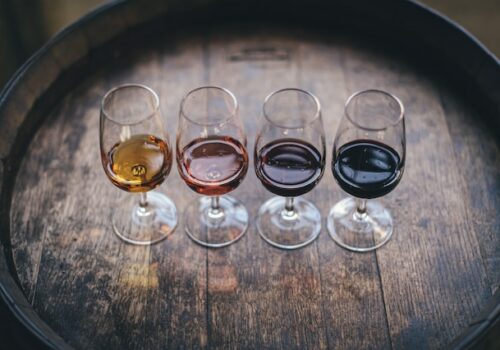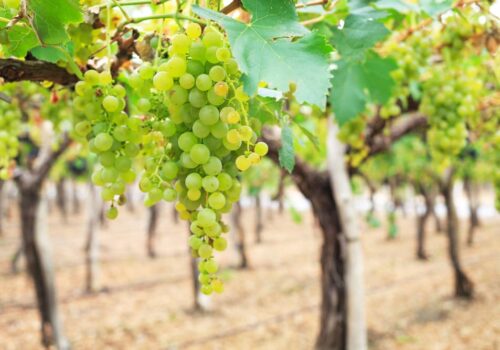Storing wine at home
Is it possible to design a wine collection without having a specially equipped wine cellar? Which wines can be stored? When and what kind of wine is better to drink? There are many questions on this topic, and we will try to answer some of them.
For a small home wine stock, it is not necessary to equip an “ideal” cellar, but in any case the wine should not be exposed to strong temperature fluctuations and foreign odors. Speaking of which, note: for further development of the wine in the bottle, a temperature of 8 to 12°C is almost ideal. Many uncomplicated bright wines you can easily store for several months directly in the apartment. This requires only a little space and a wine rack, which can now be purchased inexpensively almost everywhere.
Keep in mind the following: Keep corked bottles in a horizontal position so that the wine constantly moistens the cork and doesn’t dry out. And the wine should be kept in the darkest and coolest place possible. Fortunately, thanks to modern wine-making technology, wines are not as vulnerable as they used to be: for example, even slightly higher temperatures won’t hurt them, as long as some basic rules are followed.
How does a wine mature?
Every wine has its own, special life, and therefore its life expectancy varies. The higher the quality, the better the conditions for long-term storage.
Wine on the shelf
It is well known that for a long shelf life the wine needs high levels of extractive substances, acids, mature sweetness or alcohol. To preserve the fresh, elegant character of white wines, for example, a balanced ratio of their components is essential.
In red wine, the content of tannins is particularly important. There are certain vintage years, grape varieties and cultivation places, which are as if specially designed to produce wines with a long shelf life. So don’t hesitate to ask your supplier for wine recommendations. Even German wines from the Kaiser era can retain their excellent taste or even improve their flavor bouquet. This shows that with the right purchase and proper storage, wines can also be a good investment. For most wine lovers, though, this increase in the monetary value of the wine is not as important as the constant enhancement of enjoyment and memories of the long years of slow maturation of this wine.
When stored for long periods of time.
A mature wine is especially delicious and useful and should be tasted periodically, because during storage the wine continues to live, mature and change.
Hence:
Wine stocks should be determined so that they can be tasted periodically. This will allow you to monitor the development and maturation of the wine. Therefore the basic rule is that it is better to stock 12 bottles of a single wine than one bottle of each of 12 different varieties.
For most wine connoisseurs it is a great source of pride and satisfaction to be able to identify the exact moment when a wine is fully ripe and to turn it into the highlight of the feast. But this requires experience and advice from a sommelier, which you can find in books or at special wine masterclasses.




